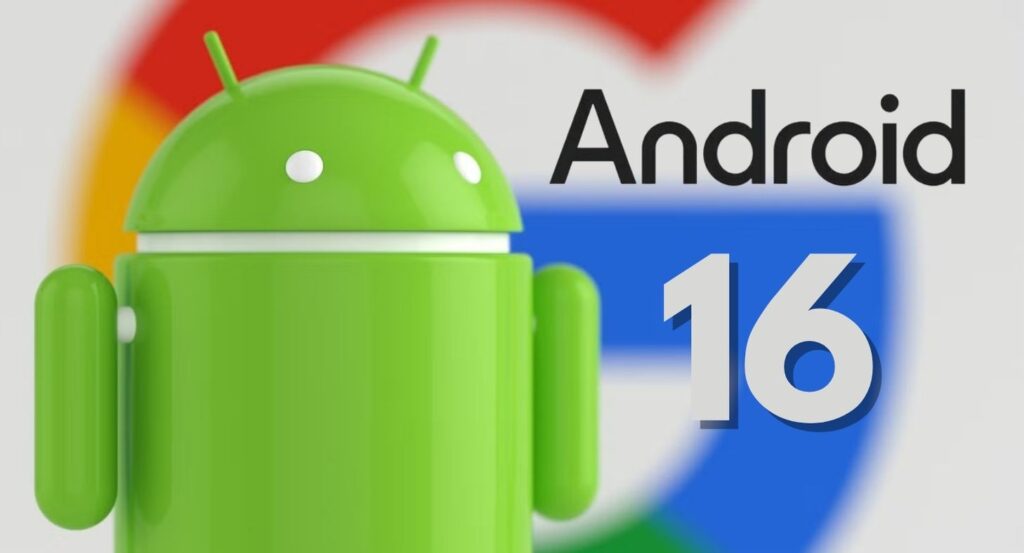Android 16 is set to launch far earlier than expected, with Google officially pushing its release to June 3, 2025. This change means both the Android Open Source Project (AOSP) and the over-the-air (OTA) update for Pixel devices will go live on the same day, months ahead of the usual late-summer Android launch window. This adjustment aligns with Google’s strategy to better synchronize Android releases with new device launches, especially for partners and OEMs.
Why the Early Release?
Google’s main goal with this shift is to ensure that Android 16 will be pre-installed on new devices launching throughout the summer and fall. In recent years, Android’s August–October releases often left manufacturers scrambling to integrate the latest version of Android into new hardware in time for holiday sales. By pushing Android 16’s launch to June, Google is creating a smoother experience for manufacturers, allowing them to debut new models with the latest software in hand.
This early release should have a significant impact on flagship devices like the Pixel 9, which launched ahead of iPhone’s annual update for the first time this year. Moving Android 16’s debut to June also supports Google’s commitment to making Android releases more stable by launching a full two months before the Pixel 10 arrives.
A Game-Changer for Pixel and Stability at Launch
This new schedule may lead to a big shift in Android stability, particularly for Google’s Pixel line. Historically, Google released new Android versions alongside the latest Pixel devices in the fall. While this showcased the Pixel’s newest features, it also led to bugs and issues as Google fine-tuned the software on-the-fly. But the launch of Android 15 alongside the Pixel 9 this year saw far fewer issues, thanks to Google’s decision to debut Android 15 in October, ahead of Pixel 9’s August release. This success has laid the groundwork for Android 16’s early June release.
For consumers, this shift means that the Pixel 10 will arrive with a more mature version of Android 16, resulting in fewer bugs and a more polished experience right out of the box. It’s a win-win that could potentially boost user satisfaction and make Google’s devices more appealing for those who prioritize stability.
Faster Updates for the AI Era
The June release also represents Google’s intention to speed up feature updates, especially for AI-driven innovations. With AI becoming central to both user experience and app functionality, Google plans to roll out a smaller point update for Android 16 later in the year, allowing developers to quickly leverage new AI-driven features. The introduction of these periodic point updates will give Google the flexibility to refine and expand AI capabilities across Android devices as they emerge, giving developers access to cutting-edge tools without waiting for major OS releases.
Beating the Competition with the Early Pixel Release Strategy
Another potential benefit of Android 16’s earlier rollout is the competitive advantage for Google’s Pixel devices. By advancing the Pixel 9’s launch to August this year, Google gave it a head start over the latest iPhone, which typically launches in September. The Pixel 9 saw a notable boost in sales, likely due to this strategic timing. With Android 16 in play by June, the Pixel 10 will again have the opportunity to debut on a platform well ahead of its primary competition.
Looking Ahead: A New Standard for Android?
This new release strategy may signify a lasting change for Android updates, creating a smoother cycle that benefits users, developers, and manufacturers alike. With Android 16 set to be pre-loaded on new models launching from July onwards, consumers should expect new devices that hit the market with a fully optimized OS and support for AI-driven features that keep pace with tech advancements.
For now, June 3 stands as a pivotal date on the tech calendar. Android 16 promises not only to keep Google’s Pixel devices competitive but also to set the tone for future Android releases—one that is faster, more aligned with device launches, and better suited to the evolving landscape of AI-powered mobile experiences.



